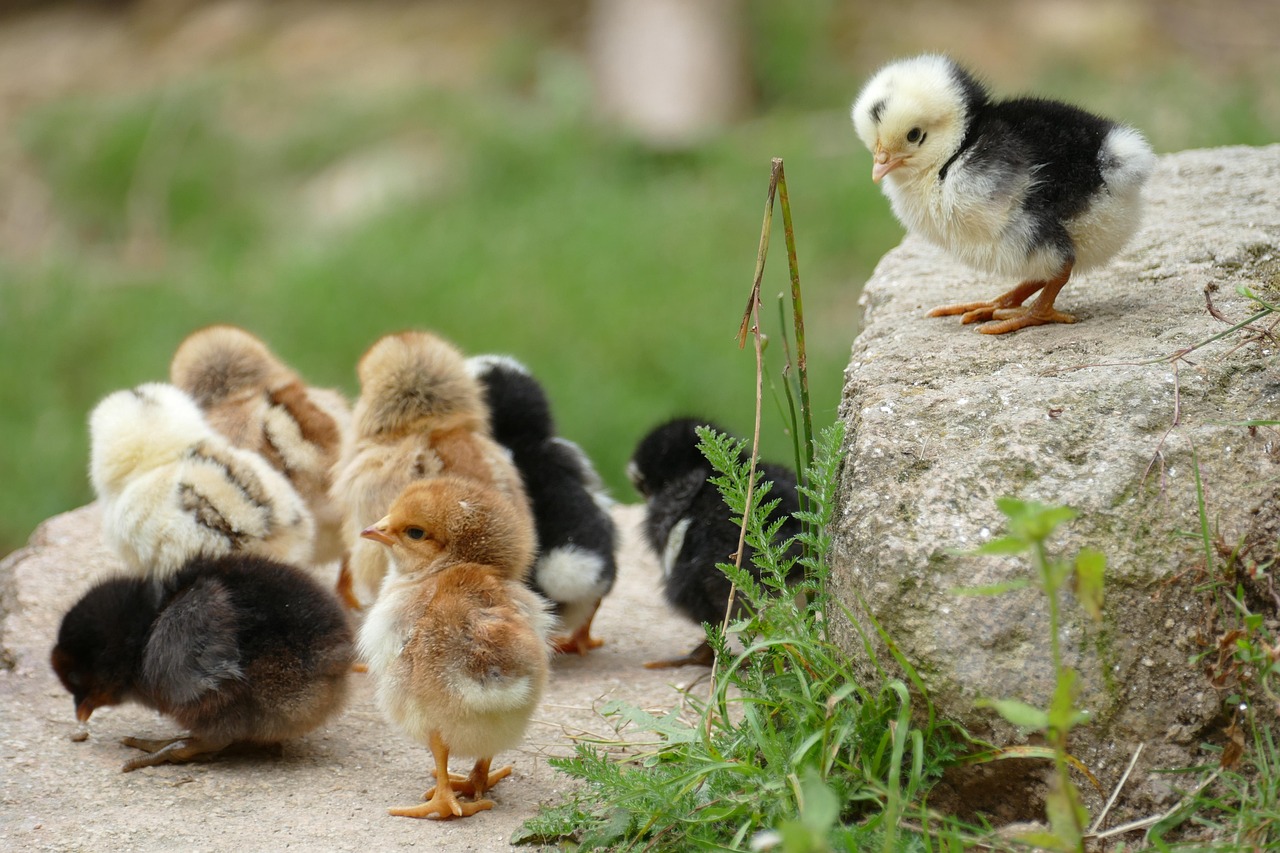Understanding the Popularity and Benefits of Urban Chicken Keeping
Introduction: Urban chicken keeping has emerged as a popular trend among city dwellers in recent years. This unexpected shift towards backyard poultry farming has numerous environmental, economic, and emotional benefits. This article delves into the phenomenon of urban chicken keeping, its historical context, recent developments, and the potential impact it has on our lives and the market.

A Historical Perspective on Urban Chicken Keeping
Urban chicken keeping isn’t a new concept. During World War II, the U.S. government encouraged citizens to keep chickens as a part of the “Victory Garden” initiative. This measure was aimed at boosting self-sufficiency during food shortages. With time, urbanization and the advent of large-scale poultry farms led to a decline in backyard chicken keeping. However, the past decade has seen a resurgence of this practice, driven by the desire for organic produce and sustainable living.
The Rising Trend of Backyard Poultry
Today, urban chicken keeping is no longer a survival necessity but a conscious lifestyle choice. City-dwellers worldwide have embraced this practice, motivated by an interest in locally sourced food and humane animal treatment. This trend has given rise to a new market for urban poultry supplies, including coops, feed, and healthcare products. The estimated market value is expected to grow substantially as the trend continues to gain momentum.
Economic and Environmental Benefits
Keeping chickens provides a steady supply of fresh, organic eggs, reducing dependency on store-bought produce. Chickens also contribute to a circular economy by consuming kitchen scraps and producing nutrient-rich manure for gardening. Environmentally, this practice reduces carbon footprint by minimizing the transportation and packaging involved in commercial egg production.
Emotional Well-being and Educational Value
Beyond practical benefits, chickens make engaging companions, offering emotional well-being benefits. Their distinct personalities and social behavior can bring joy and reduce stress. Moreover, urban chicken keeping serves as a valuable educational tool for children, teaching them about nature, responsibility, and the food cycle.
Challenges and Solutions
Despite its benefits, urban chicken keeping faces challenges such as local ordinances, potential health risks, and the need for proper care and housing. To address these issues, potential keepers should familiarize themselves with local laws, learn about chicken health, and invest in suitable coop designs.
Urban chicken keeping is a multifaceted trend that connects modern city dwellers with nature, promotes sustainable living, and offers numerous benefits. While it comes with its challenges, with proper knowledge and resources, it can be a rewarding experience for both humans and chickens.
As the world continues to evolve, this shift towards backyard poultry farming could play a significant role in promoting a more sustainable, humane, and healthy future. Whether it is for the fresh eggs, companionship, or connection to nature, urban chicken keeping is a trend that is here to stay.






